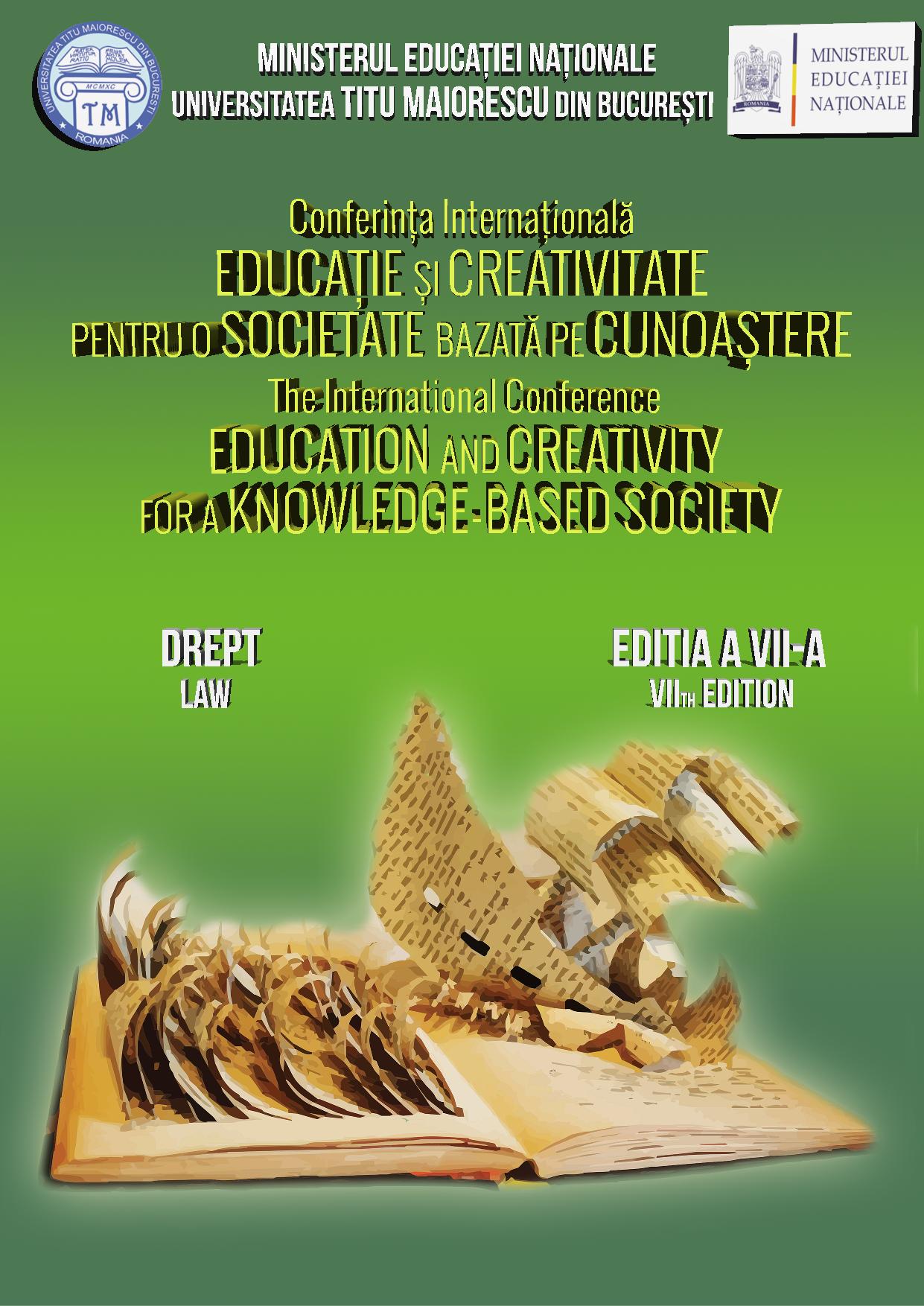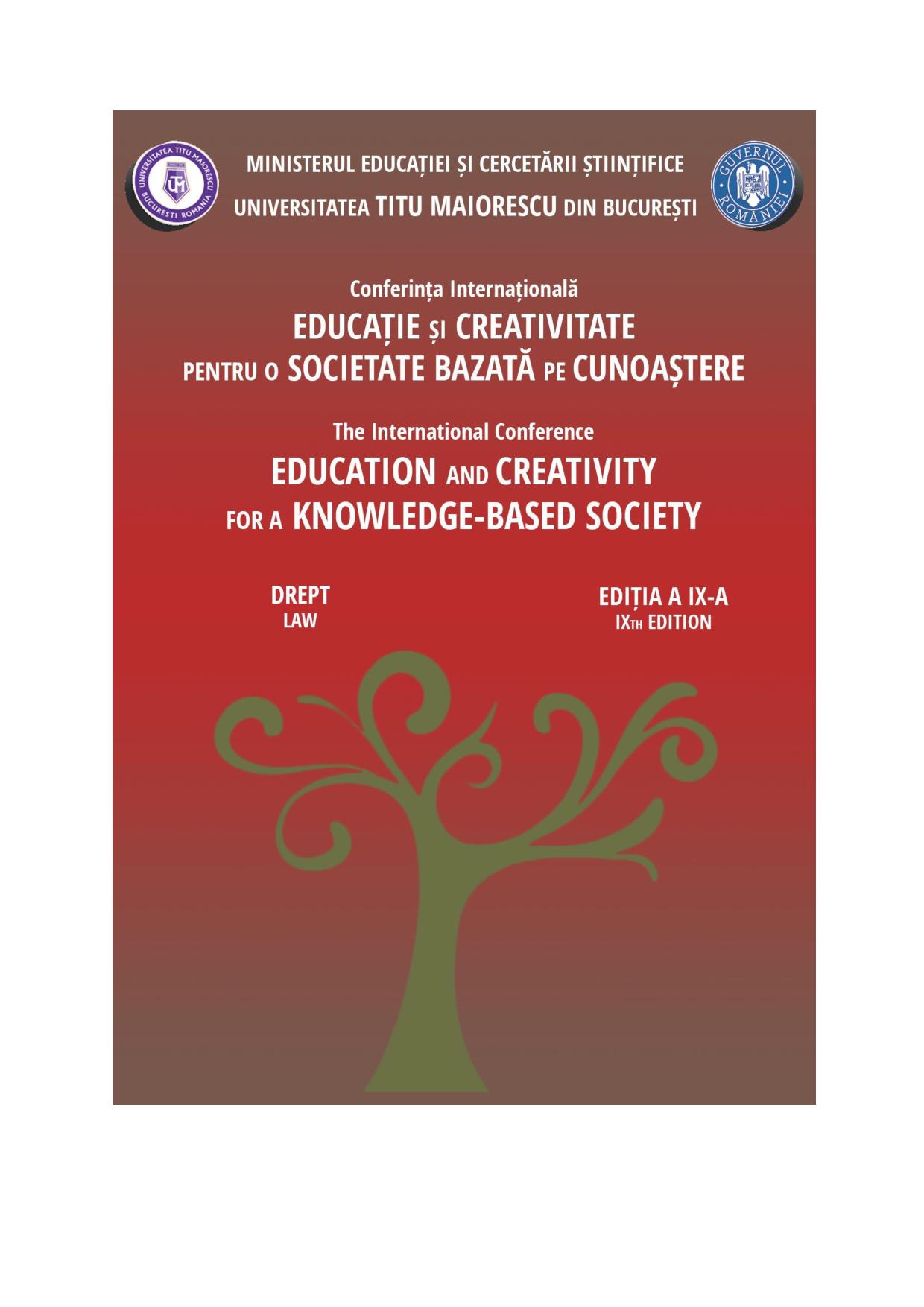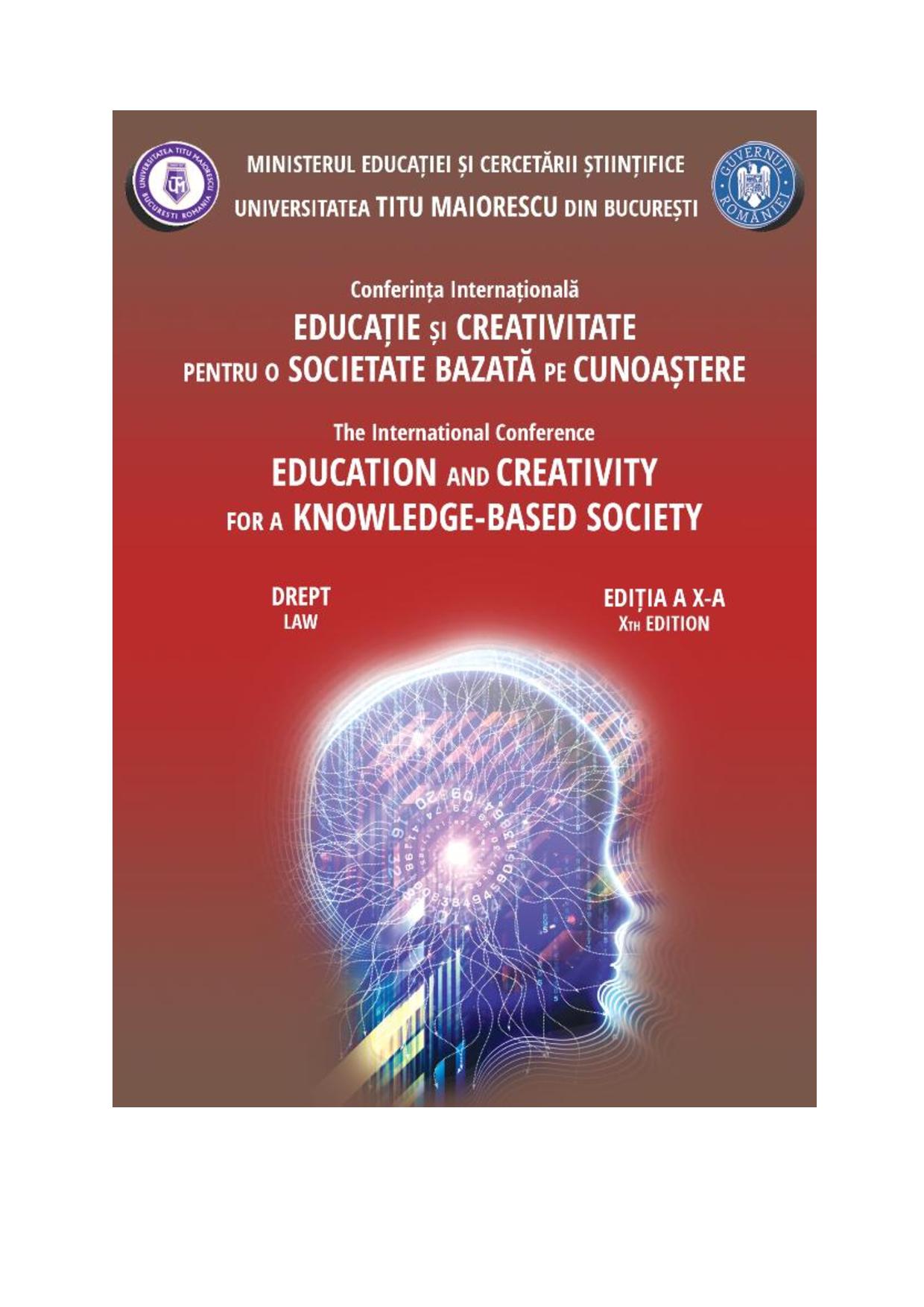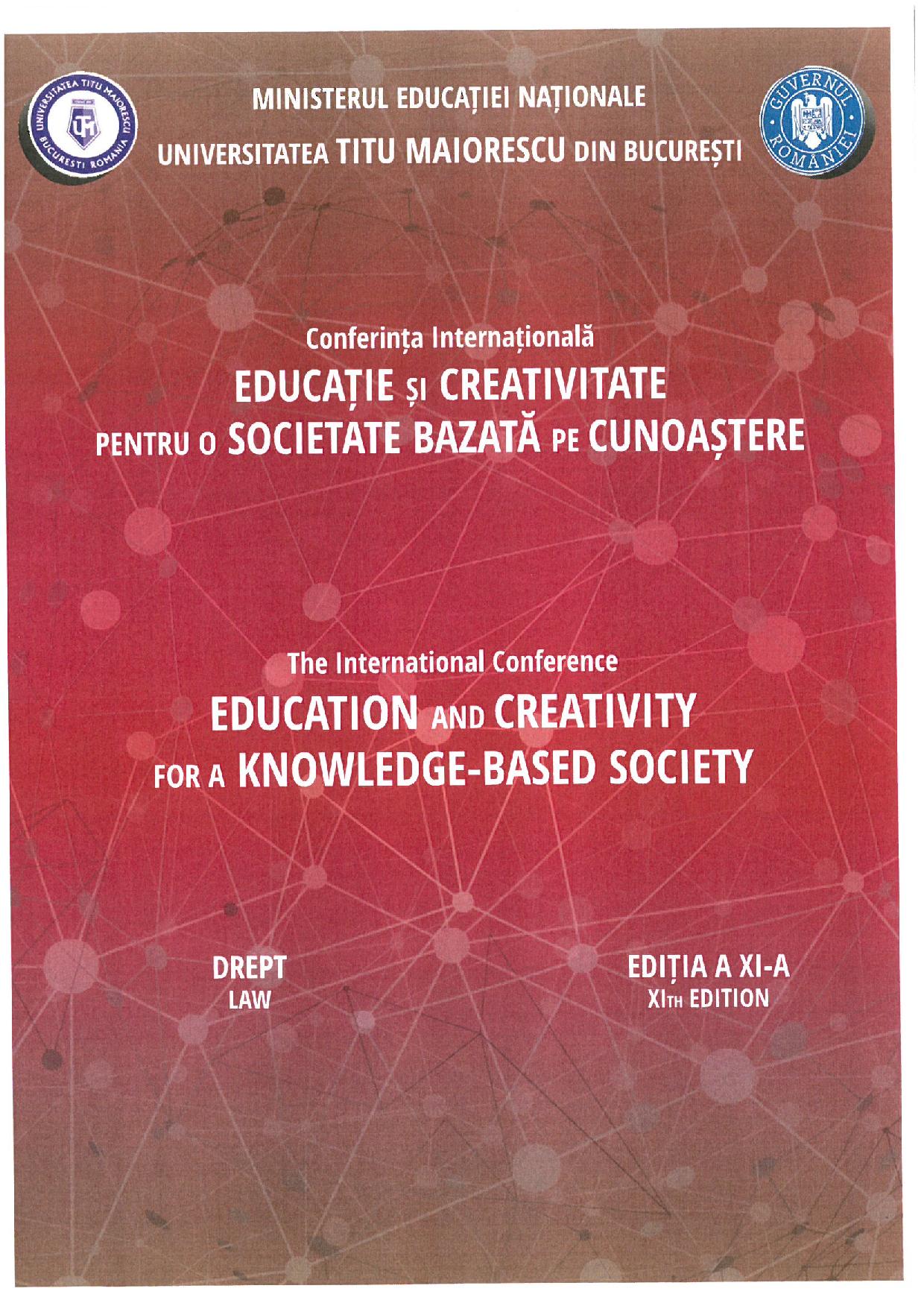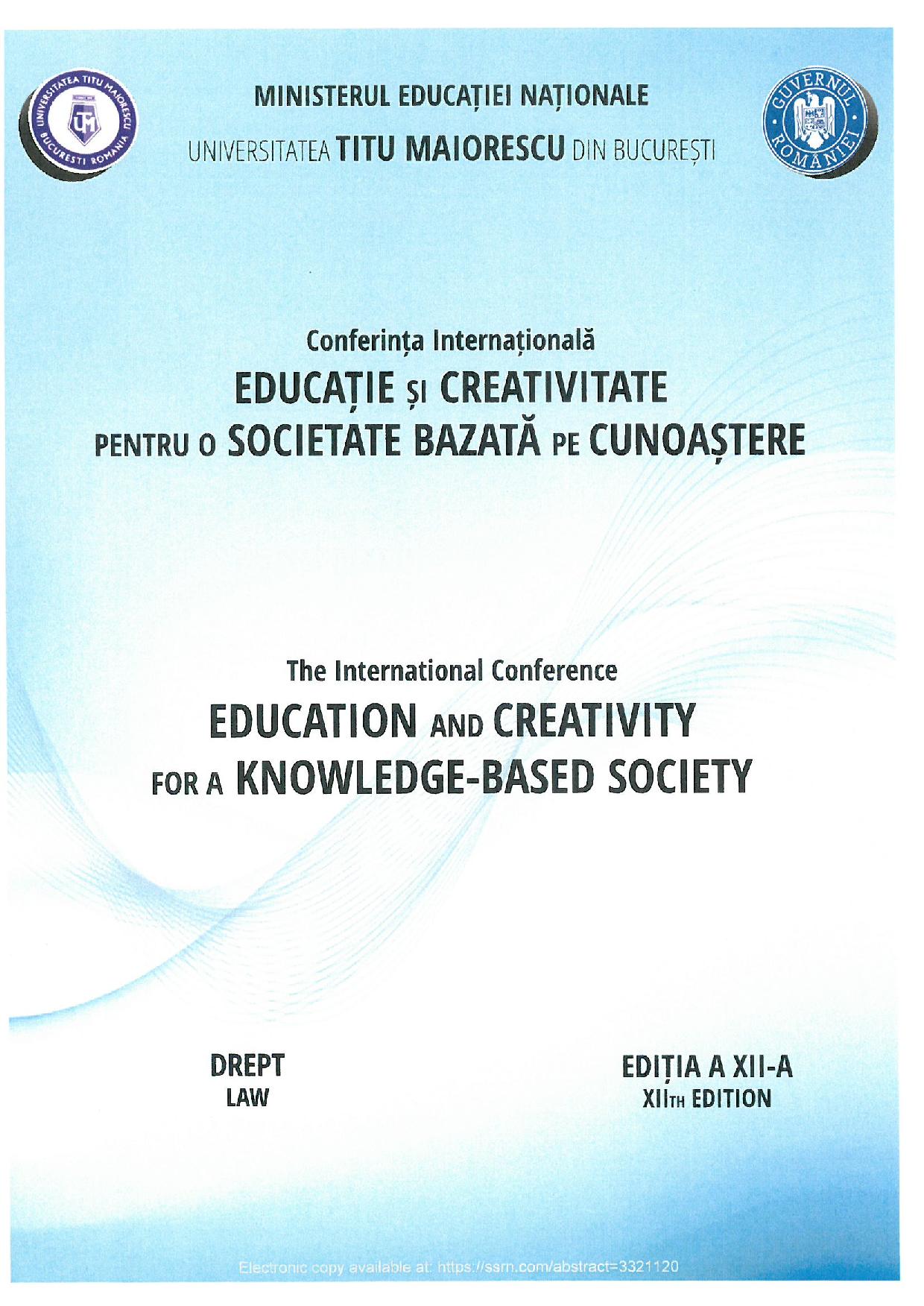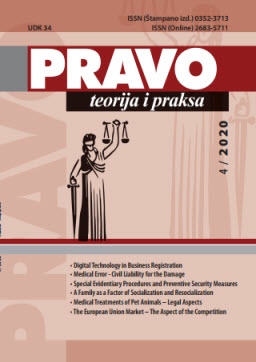Author(s): Sanja Škorić / Language(s): English
Issue: 4/2020
The application of digital technology has succeeded, on the one hand, in facilitating the business and whole life of the modern humans, and, on the other hand, in slightly putting in the background the long-maintained habits and values that have become obsolete and unnecessary with digitalization. Almost the entire year of 2020, due to the global pandemic and restrictive measures, as well as business in it, has been reduced to the virtual world and digitalization. Although the application of new technologies is not new, this year it has received a special treatment, and the business entities have been required to adjust their business, the work from home, the online work, through various Internet applications with which help there can be organized certain meetings, seminars, educative programmes, conferences as well as closer business contacts with a picture and tone being alive. So, digital technologies have, in this socalled. Covid19 year, taken over our entire, both business and a large part of private life. However, if the focus is put on a lot of positive aspects of the application of new technologies, especially in modern business, where their application saves time and energy, and thus money, then a digital registration of business entities is certainly one of them. For example, in Serbia, since 2018, with a few clicks, it has been possible to electronically register a one-member or multi-member limited liability company and an entrepreneur. However, the application of digital technologies in the process of registration and setting up the business entities has existed much longer than the e-registration. Along with the increasing application and importance of digital technologies in this area, there are opened up some new dilemmas and emerged new challenges that modern business entities have to be faced. The same thing can be applied to the new challenges the registration authorities are faced.
More...
